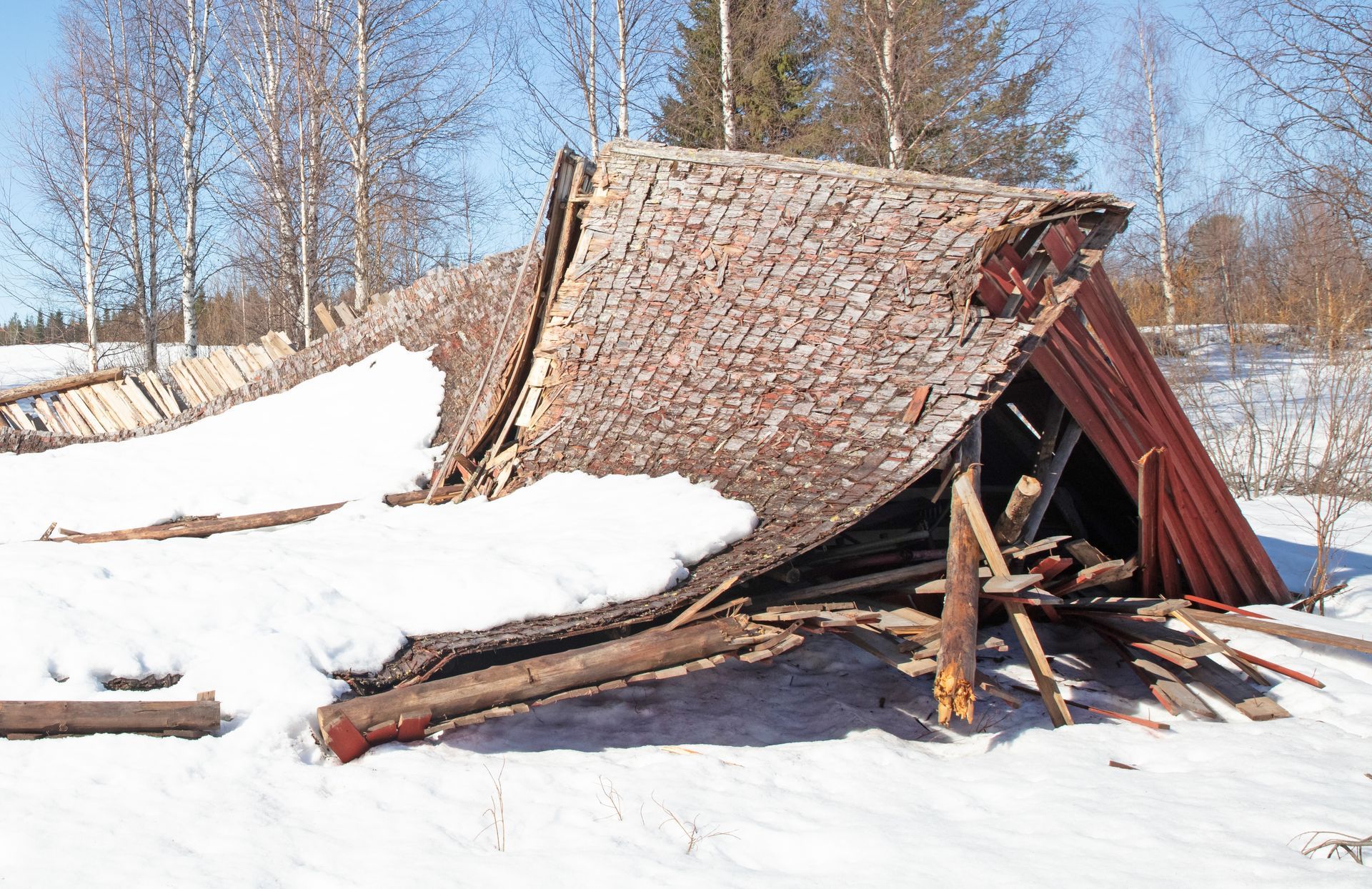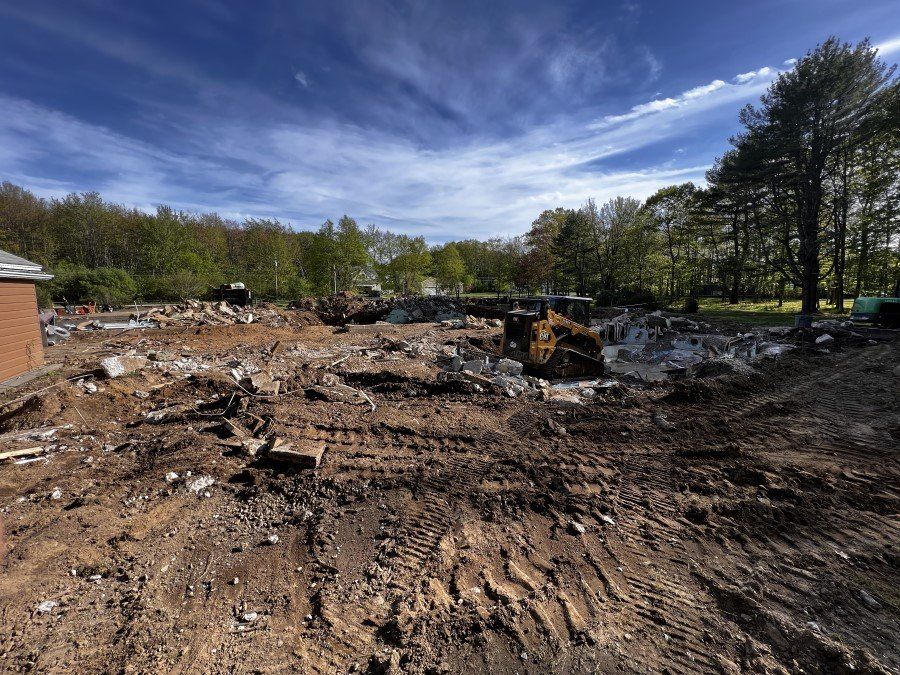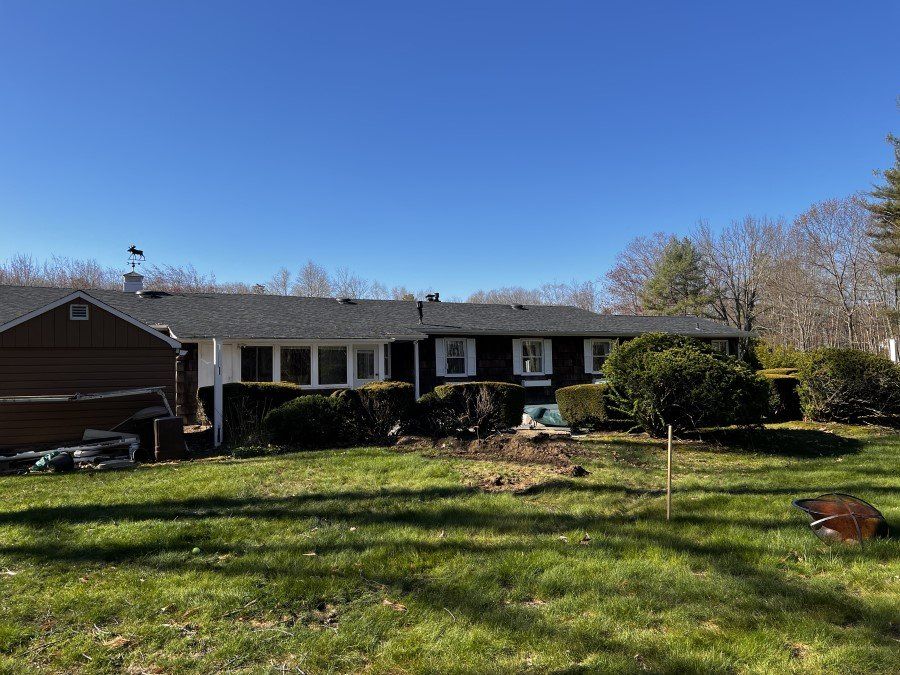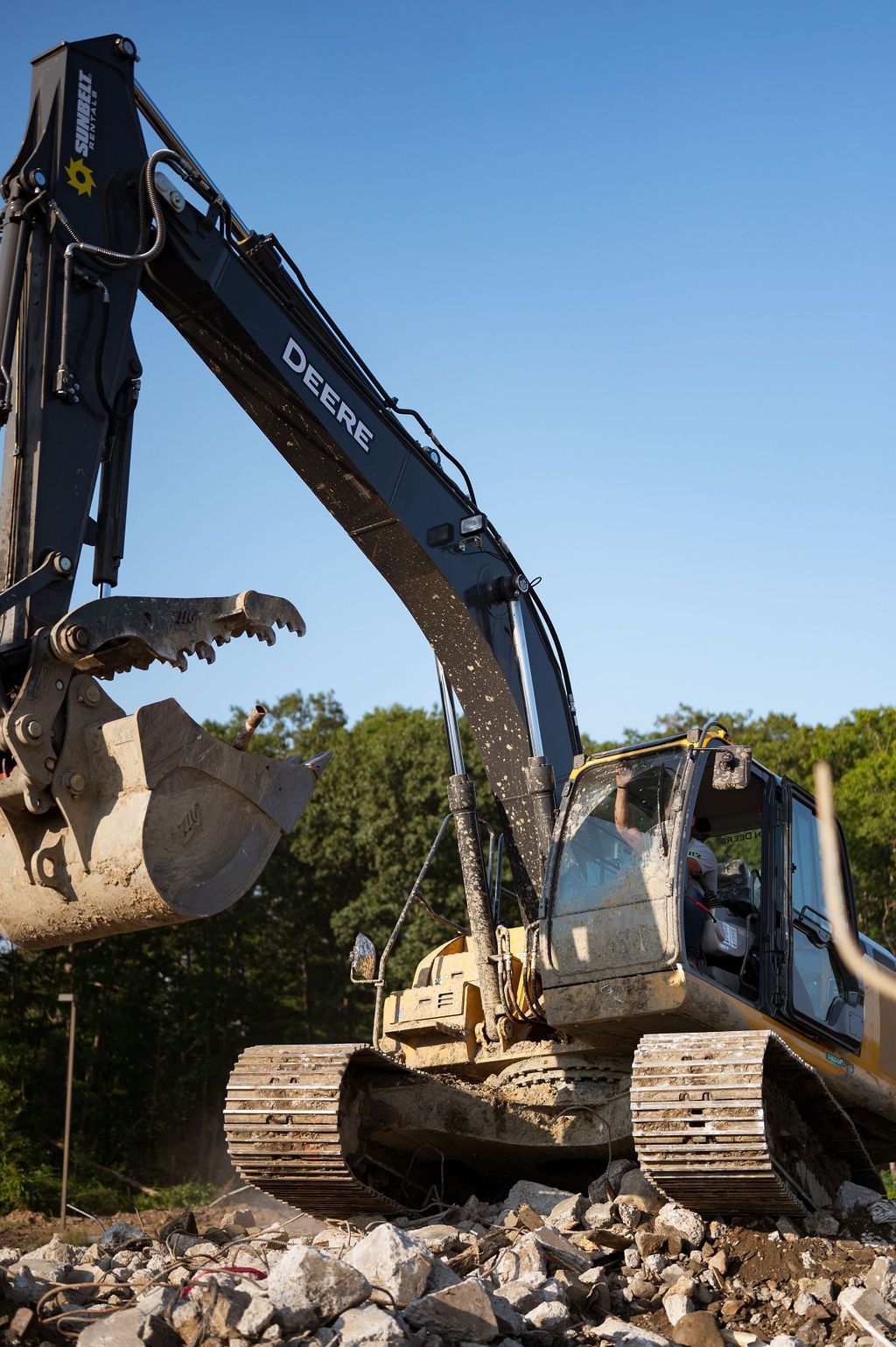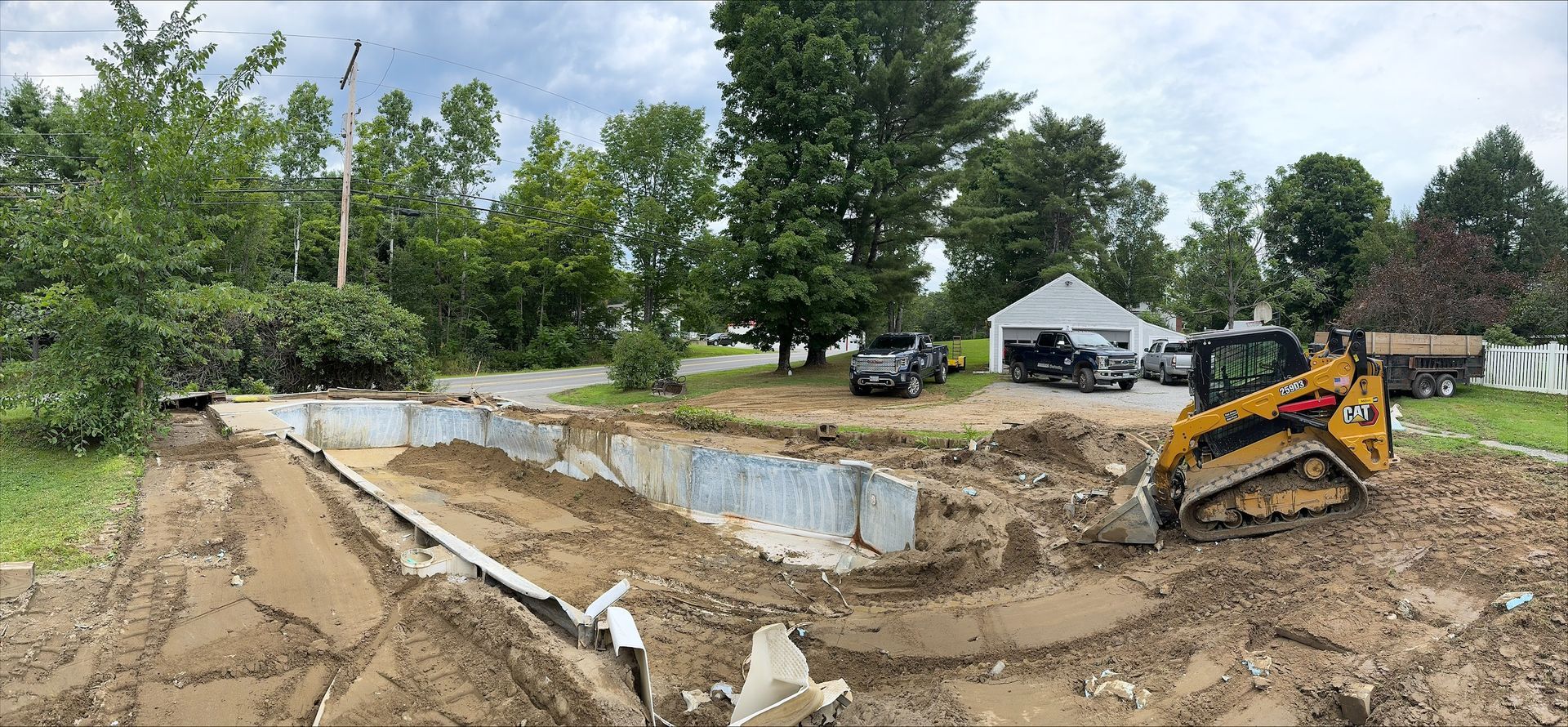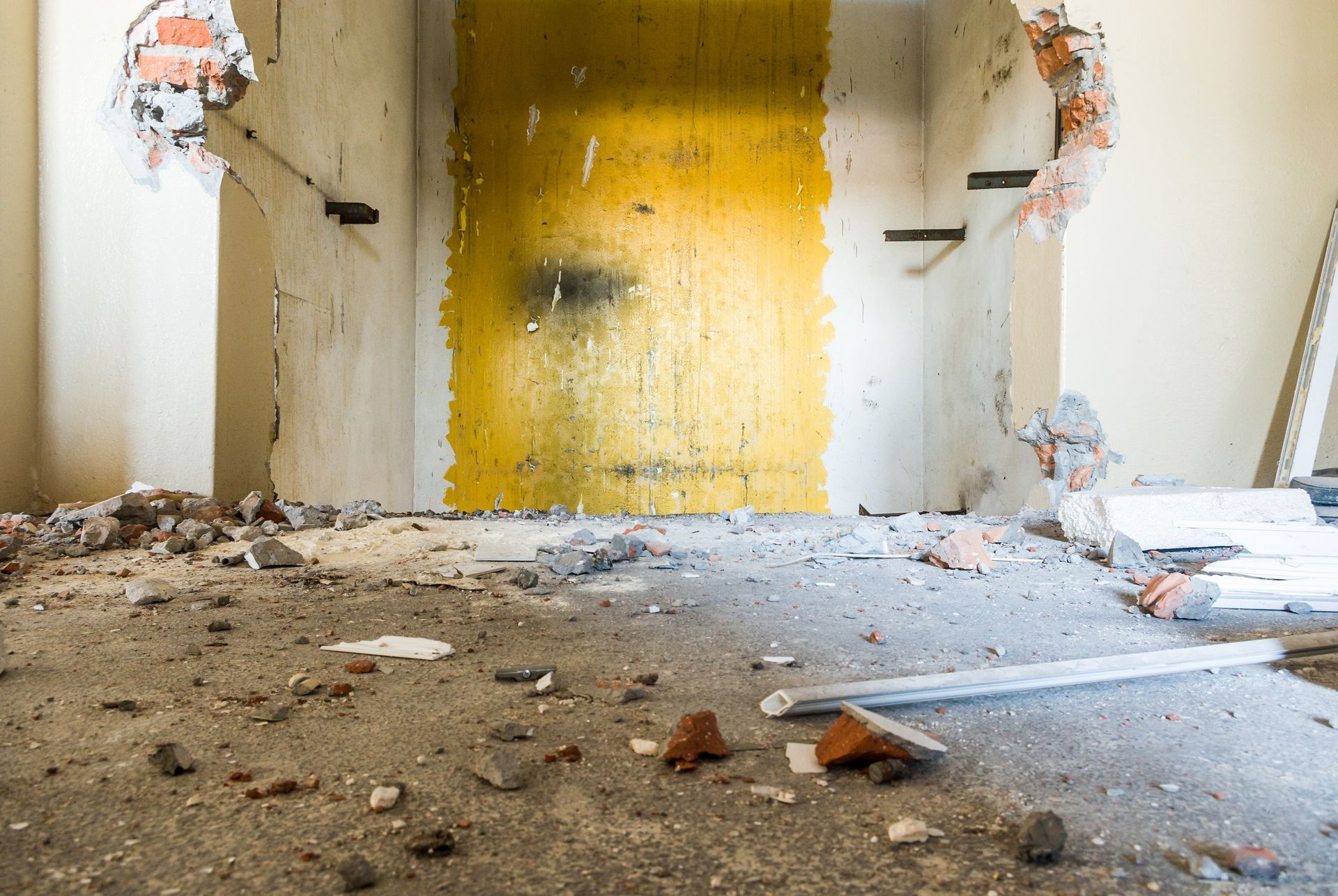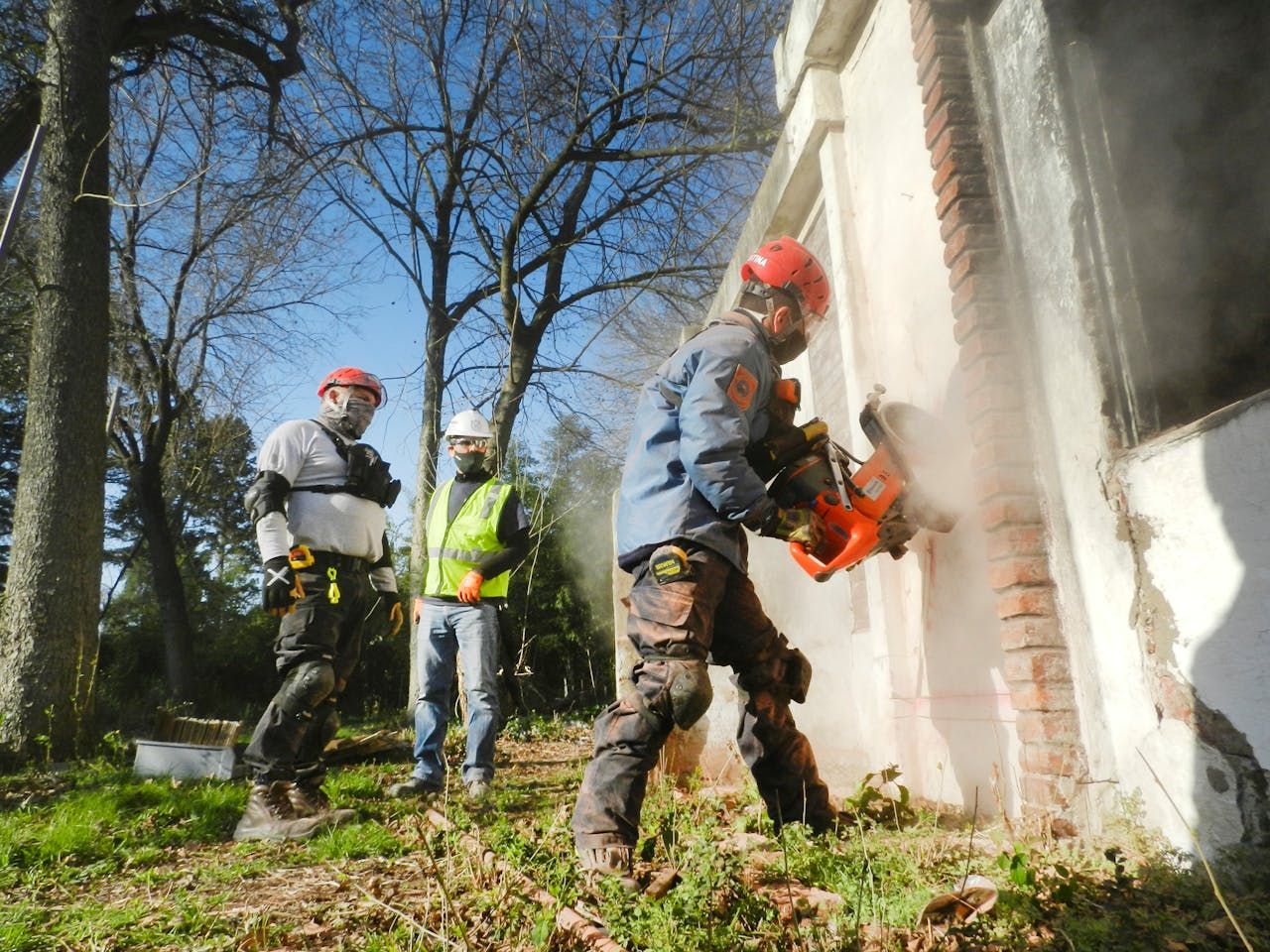The Importance of Permits and Regulations in Exterior Demolition Projects
The Importance of Permits and Regulations in Exterior Demolition Projects
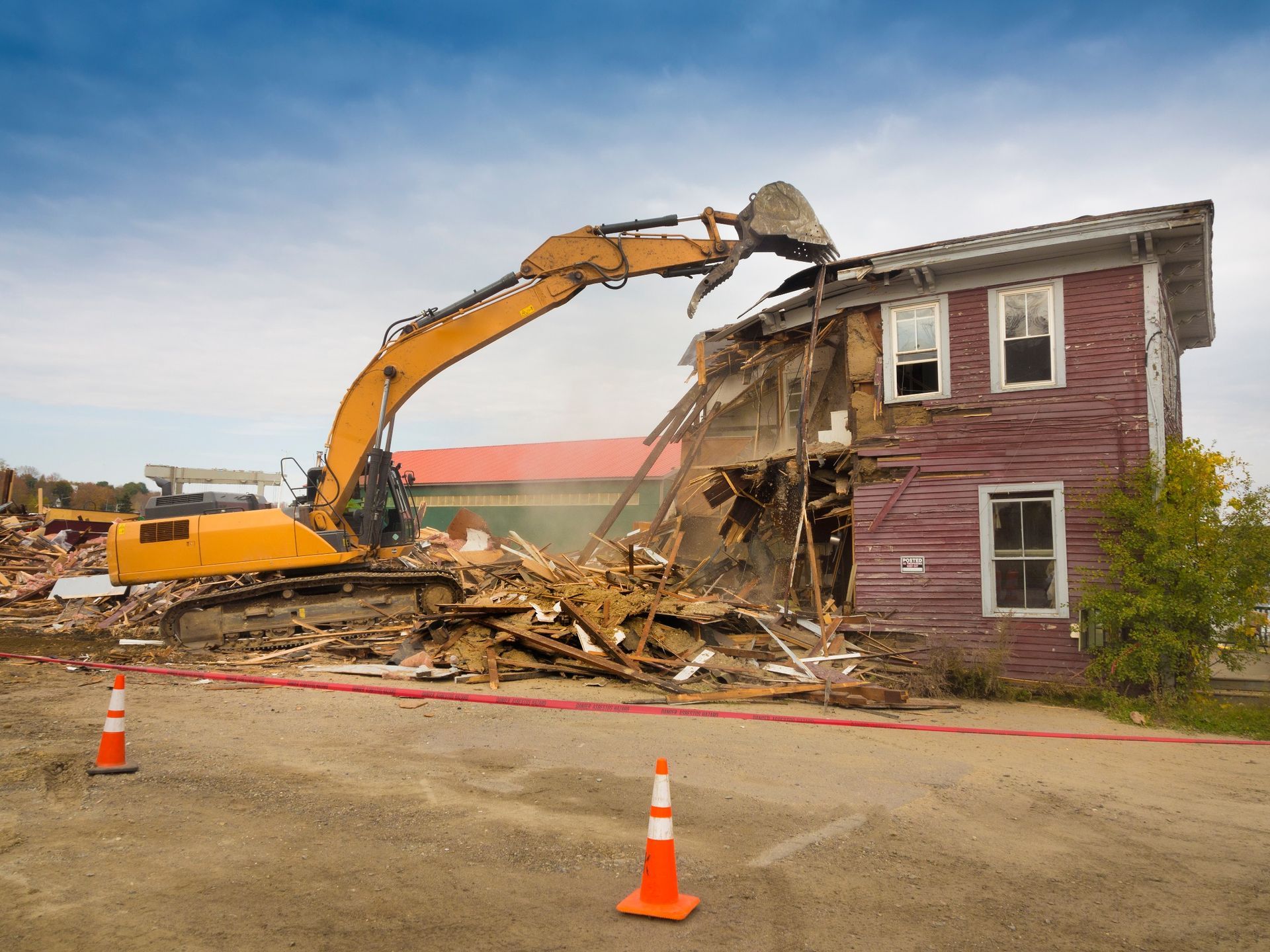
Starting an exterior demolition project can be exciting for homeowners looking to revitalize their property. However, amid the excitement, it's essential to recognize the importance of permits and regulations in ensuring a legally compliant demolition. From environmental protection to public safety, permits and regulations safeguard homeowners and the community during exterior demolition projects.
Here are a few reasons why permits and regulations for exterior demolition projects are important.
Understanding the Permit Process
In most jurisdictions, permits are required for exterior demolition projects, regardless of size or scope. These permits are official authorizations from local authorities that grant permission to proceed with the demolition work.
It typically involves submitting detailed plans and documentation outlining the scope of the demolition project, including the structure(s) to demolish, demolition methods, waste management plans, and more. Depending on the location and nature of the project, additional permits or approvals may be necessary.
Ensuring Compliance with Regulations
In addition to obtaining permits, you must adhere to many regulations governing exterior demolition projects. These regulations protect public safety, preserve the environment, and maintain the integrity of surrounding properties. Common regulations governing exterior demolition projects may include:
- Environmental Regulations: Demolition can expose the environment to asbestos, lead paint, and contaminated soil. Proper handling and disposal of these materials are essential to prevent harm. Regulatory agencies impose strict guidelines for identifying, removing, and disposing of hazardous materials, ensuring compliance with environmental laws and regulations.
- Building Codes: Building codes dictate the standards for construction and demolition activities, including structural integrity, fire safety, and accessibility. Compliance with building codes is crucial to ensure that the demolition work meets established safety standards and does not compromise the structural stability of neighboring properties.
- Zoning Ordinances: Zoning ordinances regulate land use and development within a community, including setbacks, lot coverage, and permissible land uses. Compliance with zoning ordinances ensures that exterior demolition projects align with the established land use regulations and do not infringe upon neighboring properties or disrupt the neighborhood's character.
- Safety Standards: Occupational safety regulations govern the safety of workers involved in demolition activities, including proper training, equipment usage, and hazard mitigation. Compliance with safety standards is paramount to protecting workers from accidents and injuries during the demolition process.
The Consequences of Non-compliance
Failure to obtain the necessary permits or comply with regulations can seriously affect exterior demolition projects. In addition to facing fines and penalties for non-compliance, you may have to halt demolition work until you obtain permits or address regulatory violations. Moreover, non-compliant demolition activities can damage neighboring properties, cause environmental contamination, and create legal liabilities.
Permits and regulations are indispensable components of exterior demolition projects. Seeking help from a professional exterior demolition team, like Briggs Contracting, which undertakes demolition projects, would help gain more clarity on the regulations involved in the project. Contact us at (207)-939-7807.


